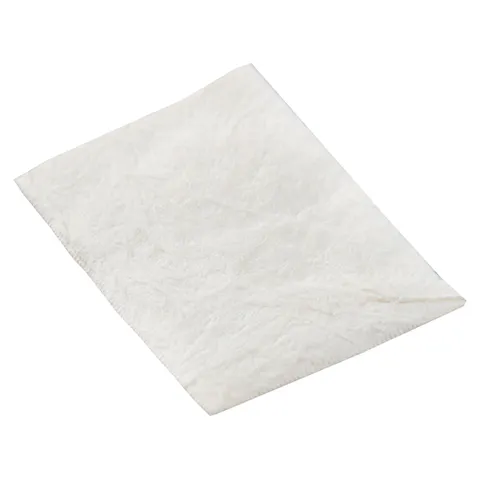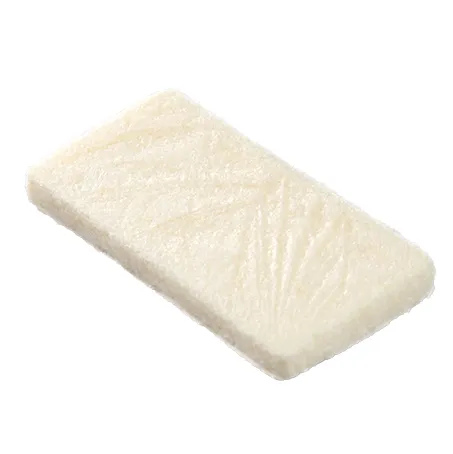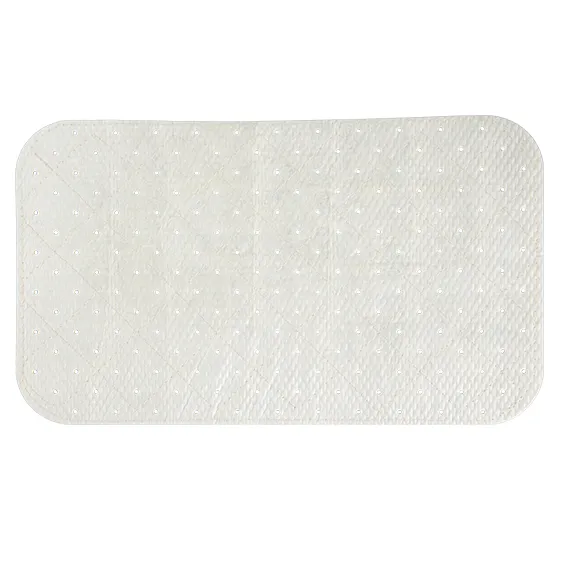Evergen offers a comprehensive portfolio of biomaterials that empower our partners to develop solutions tailored to clinical needs. Our available biomaterials include:

Surgeons select allograft and xenograft biomaterials for their proven ability to support the body’s natural healing process across a wide range of clinical applications and procedures.
Depending on the type of transplant, surgical application, and processing, allograft biomaterials have the potential to remodel and support new tissue growth. Allograft implants eliminate the need for a second surgery site to use the patient’s own tissue (autograft). Processing methods are tailored for each clinical application to optimize requirements like strength and biochemical properties.




Xenograft biomaterials are carefully processed to ensure they are safe and effective for medical use, helping the body heal naturally. Our proprietary processing methods are adapted for specific clinical applications and to optimize application-specific requirements such as strength and biochemical specifications.
Xenograft biomaterials sourced from BSE-free countries (e.g., Australia, New Zealand) or closed herds in other low-risk regions; all manufactured in ISO 13485 certified facilities.







Process Technologies
Our biomaterial processing expertise allows us to tailor methods to meet the needs of specific clinical applications and procedures, considering factors such as strength and biochemical properties to support consistent performance.
Processes are validated and optimized for specific tissue types to maintain the native tissue characteristics and offer a sterility assurance level up to 10-6 .

An automated, pharmaceutical-grade system that sterilizes tissue to a Sterility Assurance Level (SAL) of 10-⁶. The BioCleanse process combines mechanical pressure with detergents and sterilants to penetrate tissue, removing blood, lipids, and pathogens. Multiple rinses with pharmaceutical-grade water ensure the tissue is free of debris and chemicals, leaving it biocompatible.

The process combines osmotic, oxidative, and alkaline treatments to break down cell walls, inactivate pathogens, and remove bacteria. Solvent dehydration preserves tissue structure for shelf storage, while low-dose gamma irradiation achieves a SAL of 10-⁶ for the final packaged graft.

The Cancelle SP Sterilization Process sterilizes demineralized bone matrix (DBM) and cortical cancellous chips (CCC). Through a combination of oxidative treatments and acid or alcohol washes, debris is removed and pathogens are inactivated. Cleansing rinses remove residual chemicals, maintaining biocompatibility. Low-temperature, low-dose gamma irradiation preserves the utility of the graft. For most DBM- and CCC-based grafts, the irradiation dose is applied terminally to achieve an SAL of 10-6.

Porcine SIS material is processed to remove viable cells, inactivate viruses, and eliminate pathogens while preserving its fibrous, porous extracellular matrix (ECM). The process maintains collagen and non-collagenous components for optimal cell interaction and growth. Each product is terminally sterilized for its intended clinical use.